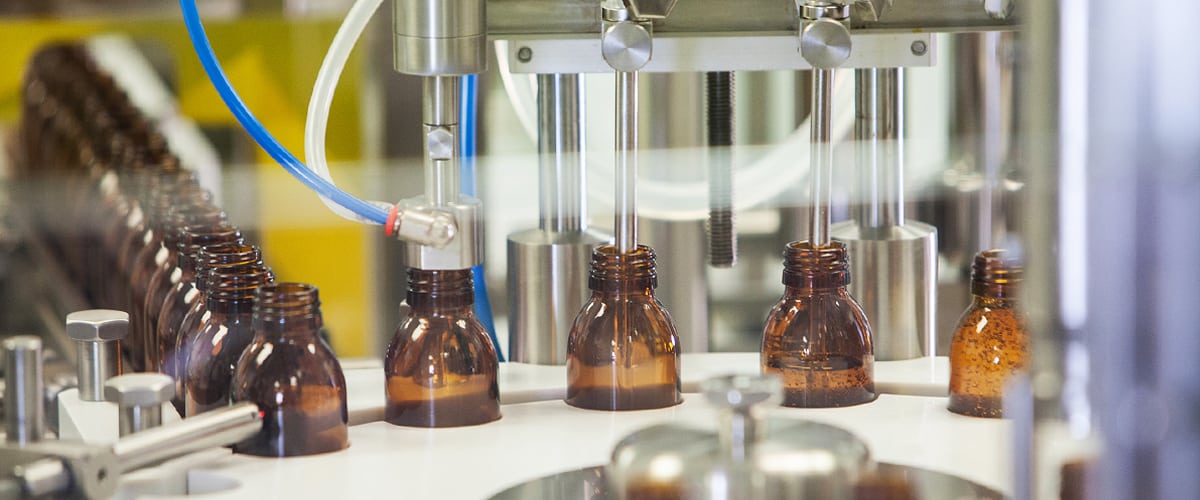
When it comes to CBD, the question of whether it's illegal is a complex one. The FDA oversees the regulation of this plant, and they have only approved one CBD drug for human use - Epidiolex, a medication for severe epilepsy. CBD in food is illegal until that happens. It could take 3 to 5 years for the government's decision to change this.
Legality of CBD
CBD products must be legally legal in order to qualify. You must have a minimum of 0.3% THC in your CBD products and they must also be labeled as "not cannabis". They can only be sold in certain places and there are strict rules regarding their sale. But, most states now allow CBD products for medical reasons.

Federal and state regulations conflicting
A number of federal regulations and state laws affect CBD products' legal status. These regulations prohibit advertising and make product claims. New York's example is a case in point. It prohibits companies from making claims about health and disease. In most states, product claims not supported by sufficient research are also prohibited.
Hemp is legal
Despite recent legalization, CBD and other THC products are still prohibited by the federal government. Although marijuana is still illegal under federal law, it has been legalized in 15 states. However, even in legal weed states, federal penalties may apply for marijuana possession. The 2018 Farm Bill made hemp legal for commercial production in the United States. Hemp CBD has very little THC and is considered a legal gray area. Hemp CBD is illegal in all 50 states, but is controlled by the Farm Bill.
Hemp can be controlled under Schedule I.
The FDA still has control over the sale and distribution of hemp-derived goods, but the Department of Justice has made significant efforts to improve its enforcement of marijuana laws. For example, the 2018 Farm Bill removed hemp from the DEA’s Schedule I list and allowed individual state licensing programs that are in compliance with USDA regulations. Hemp containing less than 0.3% THC has been legalized in all 50 US states.
Germany: Legality of CBD
It is illegal to offer CBD products to the United States. CBD is legal in Germany. The German Federal Court of Justice has clarified the situation and ruled that CBD-containing products may be sold without violating any provisions of the Narcotics Act. The court ruled that CBD products sold to consumers for their consumption are not commercial purposes.

Cannabidiol (also known as Cannabidiol) is a Schedule I controlled substances in the U.S.
According to the Drug Enforcement Administration, cannabidiol (or cannabidiol) is a Schedule 1 controlled substance. It is therefore illegal to possess or to sell it without a prescription. Unless the HHS secretary grants the authorization, the DEA cannot modify this status. Only after the DEA accepts these findings, can the HHS Secretary unilaterally alter the Schedule I cannabis classification.
FAQ
Can I use CBD during pregnancy?
It is not clear if CBD is safe for use during pregnancy.
It is not possible to prove that CBD causes harm to the baby, based on what little information there is.
Pregnant women should not take CBD unless their doctor has recommended it.
The Food and Drug Administration has issued a warning regarding potential risks of CBD use during pregnancy.
FDA says there is evidence that cannabis usage during pregnancy can increase miscarriage risk.
According to the agency, more research is necessary before a firm conclusion can been drawn.
Are CBD companies a good idea?
This depends on your needs. They can be a great investment if it is money you are after. If however, you only want to invest in something that may help others, then no.
Which are the top CBD brands?
These five top CBD brands are hand-picked by our team based on value, reliability, quality, and price.
They sell high-quality CBD oil products with less than 0.2% THC.
Also, we recommend that you check out our list with the top CBD sellers around the world.
How big is the global CBD industry?
Euromonitor International estimated that the global CBD industry was worth $US3.5 billion in 2015. This is an increase of more than 10% compared to 2014.
The report predicts that this figure will grow by 12% annually to $US6.4 billion in 2020.
By 2020, CBD products will account for approximately half of all global hemp-derived products.
This includes CBD oils.
Statistics
- CBD seems unlikely to directly influence sleep in healthy humans [115] (and maybe “sleep-promoting” in those with certain comorbid conditions) (ncbi.nlm.nih.gov)
- OralWhere HED is the human equivalent dose, and Km is a correction factor estimated by dividing the average body mass (BM) of the species (60, 0.020, and 0.150 kg for 11 humans, mice, and rats, respectively) and by its surface area (see: Nair et al. (ncbi.nlm.nih.gov)
- HR −16 mmHg; 95% CI −26, −6; I2 = 92%) (ncbi.nlm.nih.gov)
- A recent study [161] also found that in vitro CBD treatment (i.e., ≤ 2 h exposure to 10 μM) induced ~40% vasorelaxation in isolated (pre-constricted) (ncbi.nlm.nih.gov)
- As a substance that was federally illegal before the passage of the 2018 Farm Bill, hemp-derived cannabinoids with no more than 0.3% THC still face a regulatory grey area. (forbes.com)
External Links
How To
How to become certified for selling CBD products
CBD (cannabidiol) is one of the hundreds of cannabinoids found in cannabis plants. It has been used medicinally in many countries throughout history, including traditional Chinese medicine and India. Due to its ability treat conditions like anxiety and pain, epilepsy, inflammation, and other ailments, it has become increasingly popular. There is no formal certification program for CBD products. At least, not in the U.S. Anyone who wants to sell CBD products will have to use the "unofficial", self-certification process.
There are two ways to go about this. The first option is to join a canna business association. By joining a local association of canna-business owners, you will be able to learn from others and receive support and advice. There are currently many associations across the country. You can also go online and start your own business. The majority of states allow cannabusinesses to be online. If your state allows online canna-businesses, you can immediately set up a website and begin accepting orders. However, registration is required with your state Department of Public Health. After you have registered, you can apply for a license from your state's Department of Public Health. After receiving your license, you are legally allowed to open a store and start accepting orders.